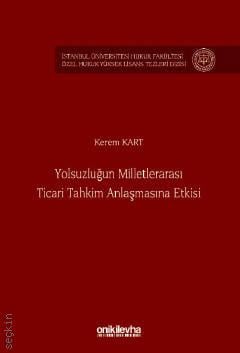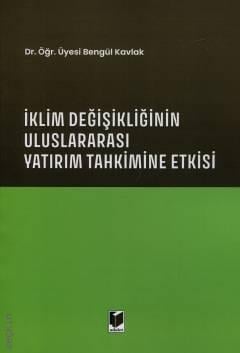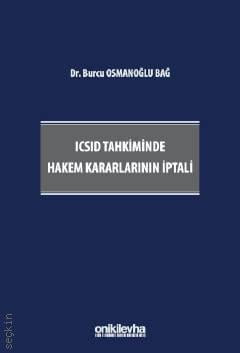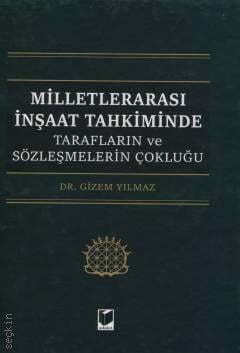>
Hukuk Kitapları>
Uluslararası Hukuk>
Uluslararası Tahkim Hukuku>
The Reconciliation of Civil Law and Common Law Traditions
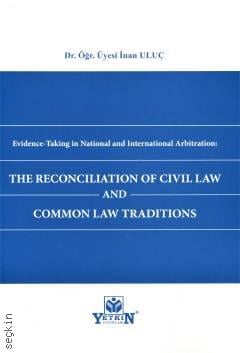
Evidence–Taking in National and International Arbitration:
The Reconciliation of Civil Law and Common Law Traditions
1. Baskı,
Aralık 2021
Kitabın Detayları
Dili:
İngilizce
Ebat:
16x24
Sayfa Sayısı:
108
Kitabın Fiyatı:
250,00₺
Temin süresi 2-3 gündür.
Kitabın Açıklaması
It may be stated that, in the majority of instances, parties opt into arbitration due to not only an aspiration to have their dispute resolved by arbitrators of a neutral nationality but also a desire to subject their dispute to a neutral procedure, consisting of the rules of evidence that do not favor one side at the expense of the other. in this respect, overcoming the challenges inherent in understanding differing legal traditions in their respective approach to evidence is a necessary and primary objective for national and international arbitration practitioners.
To expound upon this important objective, this book explores party autonomy and a tribunal's discretionary power to control the rules of taking evidence and examines notable differences betvveen common law and civil iaw approaches to evidentiary procedures. The thorough assessment of these differences is follovved by the discussion
Kitabın Konu Başlıkları

Party Autonomy and Discretionary Power Of Arbitral Tribunals

The Differing Approaches Of Common Law
and Civil Law Traditions to The Taking Of Evidence

Harmonizing The Common Law and Civil Law Traditions in The Context of The Taking of Evidence
Kitapla İlgili Kategoriler
Kitabın Fiyatı:
250,00₺
Temin süresi 2-3 gündür.
Bu kitaplar da ilginizi çekebilir
Hakkımızda
|
Uluslararası Yayınevi Belgesi|
Kaynakça Dosyası|
Kişisel Verilerin Korunması |
Üyelik|
Siparişlerim|
İade Politikası|
İletişim